Summer is upon us, which means oilier skin, sebum buildup and more blocked pores. More than ever, we must be prudent with taking care of our skin — and that includes exfoliating to get rid of dead skin cells, keeping our pores clear and healthy. But there seems to be a lot of mystery surrounding this skincare step — What are the different types of exfoliation? When should we exfoliate? What’s the best way to exfoliate for my skin type? Fear not, we’ve got the scoop, and here’s everything you need to know about exfoliation.
What types of exfoliation are there? What are the differences between the different ways of exfoliating?
When it comes to exfoliation, there are three main types: physical, chemical and enzymatic. They differ by the method they use to remove the dead cells on the skin; which are by manual action, chemical action and enzymatic action, respectively.
Physical Exfoliation
Physical exfoliation is the oldest and most direct way to exfoliate. It uses small granules or particles to physically slough off any buildup on your skin. Exfoliation for the body might be grittier, using particles such as sugar or sea-salt to rid you of rough patches on elbows and knees. The facial skin, however, is too delicate for such abrasive exfoliation, so facial scrubs tend to use finer granules to buff away dead skin cells and visibly smooth the skin. The Simple Kind to Skin Smoothing Facial Scrub uses rice granules to gently exfoliate, and at only $12.90, its hard to beat.

Other physical exfoliants such as “aqua peeling gels” use a technology that causes dead skin cells to pill up when rubbed on the surface of the skin. Cure Natural Aqua Gel is one that has a cult following — for good reason: it’s simple and effective.

Konjac sponges are also a great way to physically exfoliate your skin without an extra skincare step. Just squeeze a dollop of your regular cleanser onto a soaked, softened sponge and work in circles to lightly exfoliate. Remember to replace your sponge every 6 to 8 weeks so it remains fresh and hygienic!

Chemical Exfoliation
Chemical exfoliation uses acids such as AHAs and BHAs and glycolic acids to break down bonds between dead skin cells, causing the gunk on the top layer of the skin (the epidermis) to loosen and eventually slough off. These acids also penetrate into the skin to help improve cell turnover, resulting in brighter, glowy skin. The Pixi Glow Tonic is a longtime favourite, containing 5% glycolic acid. It also boasts ingredients such as aloe vera and ginseng to soothe the skin.

If you’re doing your skincare routine in a rush, peel pads can be a great option — just swipe on and go. Neogen does a range of different peel pads for different skin types and concerns in their Bio-Peel Gauze Peeling line, but Lemon’s our personal favourite. These gauze pads come pre-soaked in lactic and glycolic acid, and the textured pads gentally physically exfoliate will the acids slough away skin impurities. These handy little pads also contain lemon and citrus extracts rich in vitamin C for added brightening effects, as well as giving you non-greasy, unclogged skin.

Enzymatic Exfoliation
Enzymatic exfoliation works in a similar way to chemical exfoliation, but instead of using acids, enzymes are used to break down the bonds between cells. Unlike acids, enzymes don’t disrupt the pH level of your skin. They’re gentler than acids and keep that protective barrier in place, so the exfoliation doesn’t irritate sensitive skin. Something like an enzyme powder that activates when mixed with water is a good place to start. Tatcha’s Rice Polish Classic Foaming Enzyme Powder has been around for a while, and although it comes with a substantial price tag — it’s a tried-and-true classic.

Some new kids on the (enzymatic exfoliation) block are totally upping the game by combining exfoliation with cleansing. DHC’s Face Wash Powder is a simple, no-frills powder cleanser with protease enzymes to dissolve dead skin cells. It lathers up into a dense foam with water for the gentlest cleansing and exfoliating, and even features ingredients such as honey and sodium hyaluronate to help hydrate.

How often should I be exfoliating?
As a general rule of thumb, once a week. Not more than 3 times. Less harsh products such as the gentler aqua peeling gels, konjac sponges and face wash powders are designed to be used more frequently, even daily. Pixi’s Glow Tonic, although a chemical exfoliant, is also formulated to be gentle enough for daily use. If you have sensitive skin and are worried about over-exfoliating, try something that’s formulated to be non-irritating, such as the Dermalogica Daily Microfoliant.

If you haven’t exfoliated for a while and your skin’s a bit more congested (in need of some serious declogging), you could try Alpha-H’s Liquid Gold, a seriously heavy duty gycolic acid-based chemical exfoliator. Best not to use this more than once a week!

What’s the best way to exfoliate for my skin type?
Sometimes find chemical exfoliants cause an uncomfortable burning sensation for more sensitive skin types — if you’re someone who experiences that, it’s probably better to stick to the gentler end of the physical exfoliation spectrum with your aqua peeling gels or konjac sponges. The gentlest enzyme face wash powders can also be used on more sensitive skin due to their mild nature.
Oilier skin types will find that chemical exfoliators help get rid of sebum buildup most effectively. Additionally, most chemical exfoliators tout some form of toning property, which is useful for banishing greasy skin.
And there you have it!
Exfoliation is such a useful step to have in any skincare regimen — hopefully this article demystifies some of the skin science behind it!
Happy exfoliating!


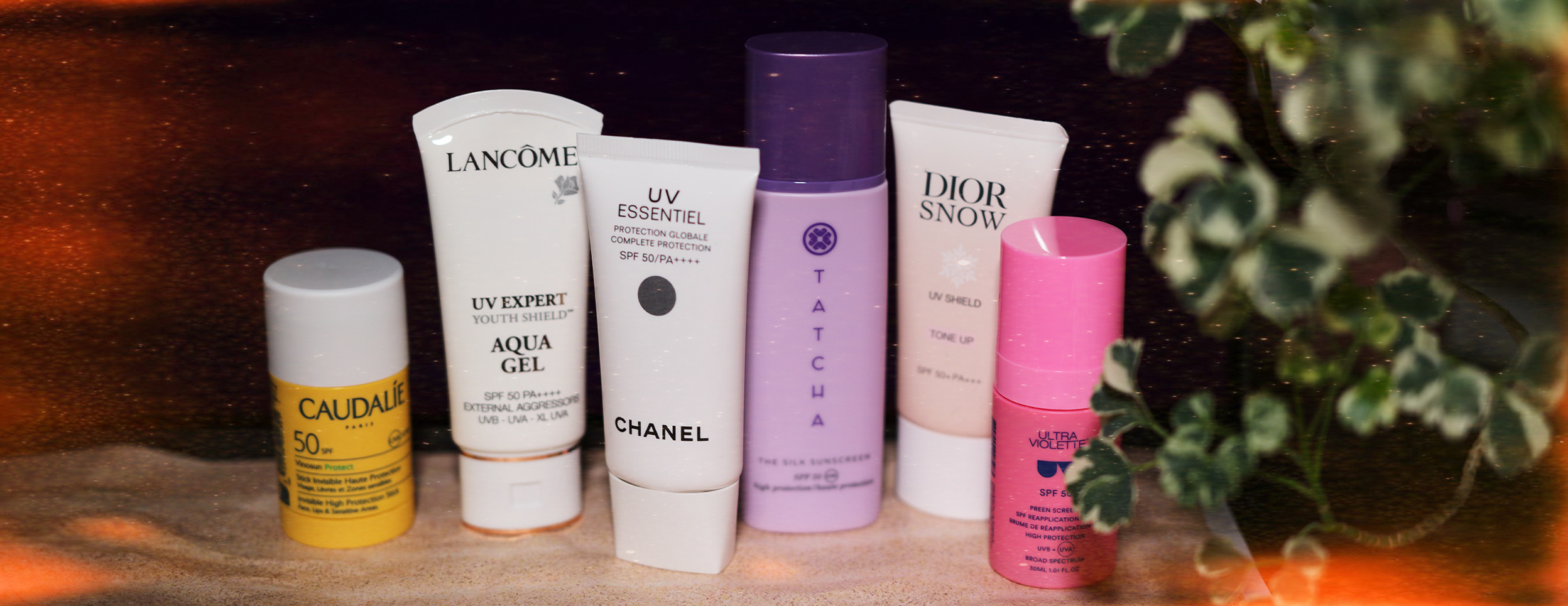

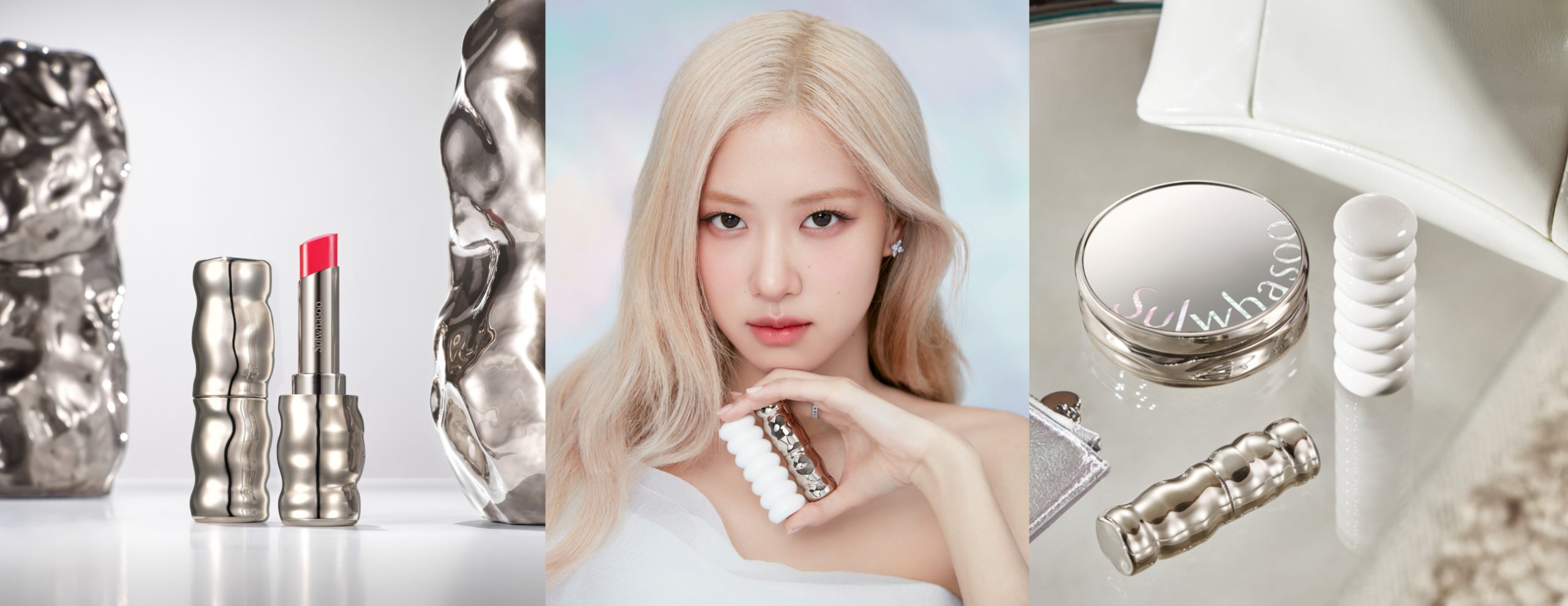
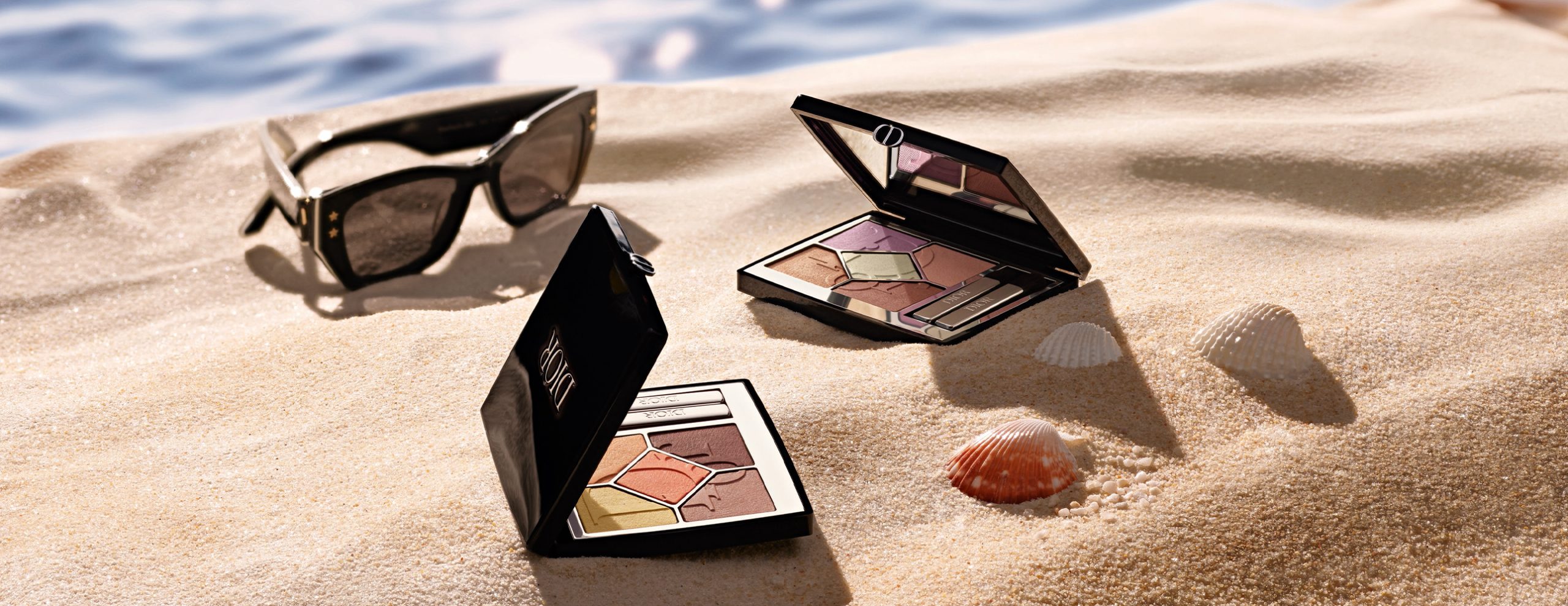
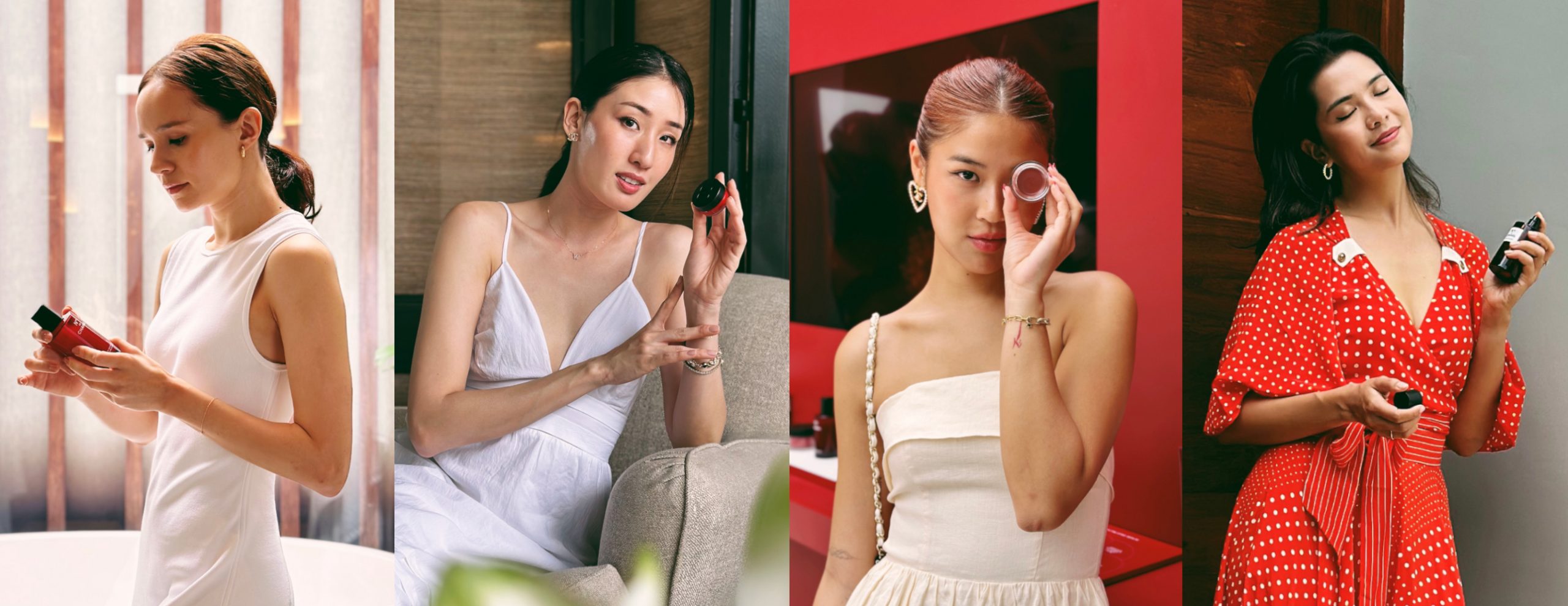
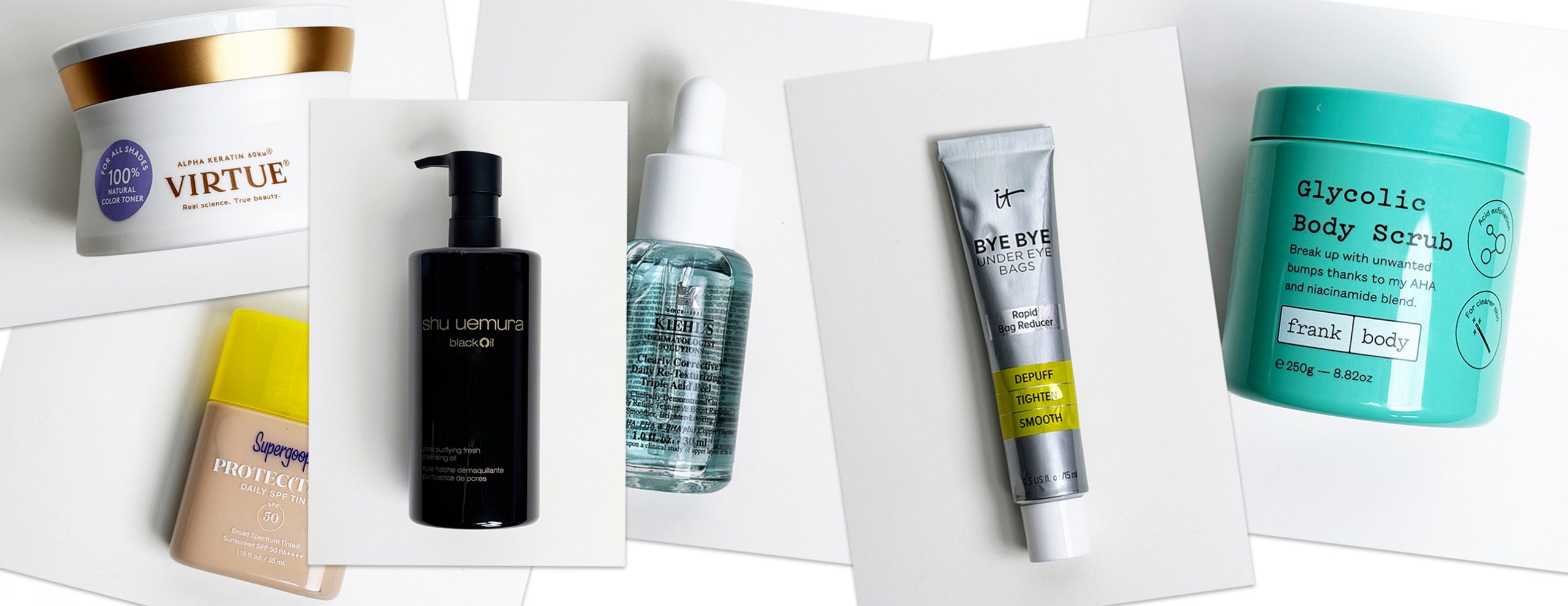
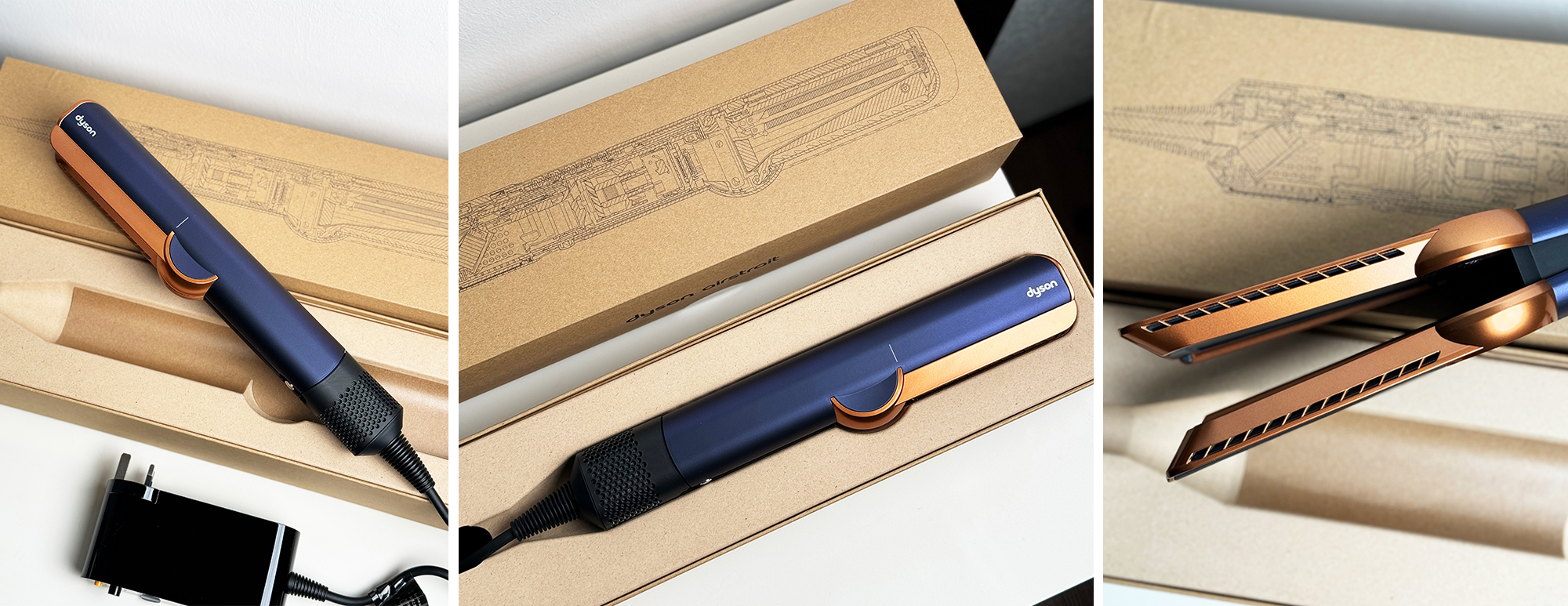
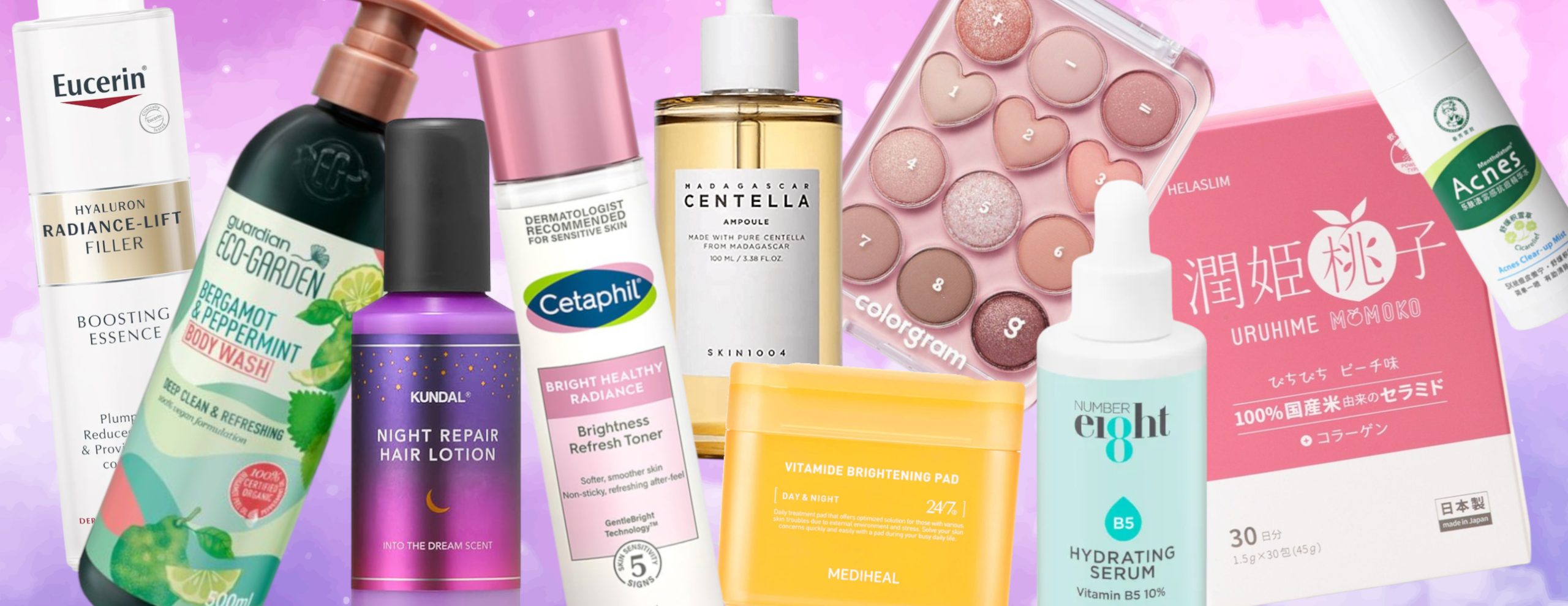

You must be logged in to post a comment.